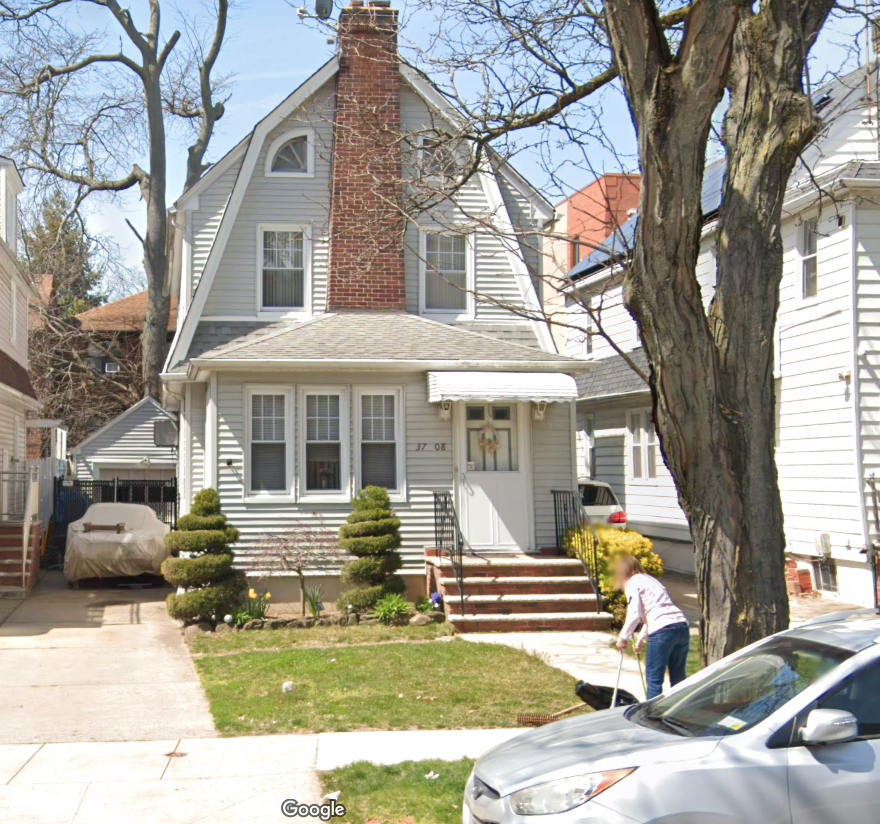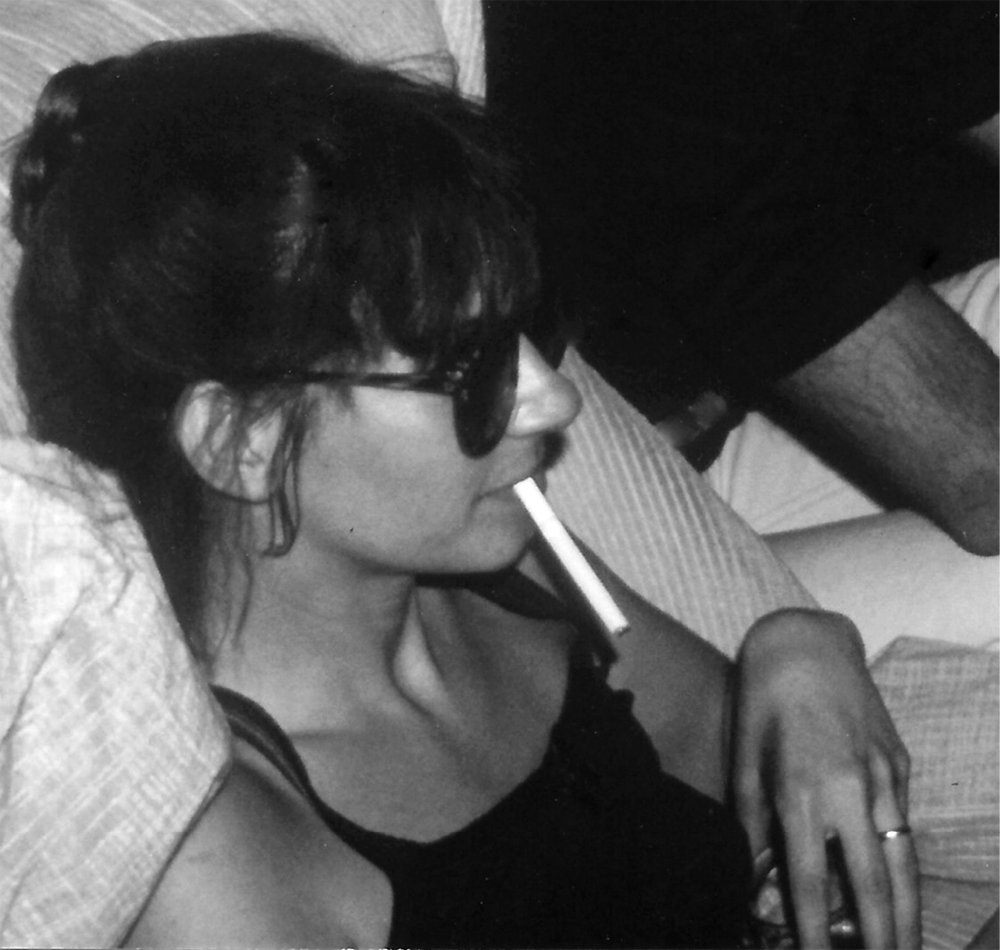Issue 248, Summer 2024
There’s no end to the woes that mothers face come summer vacation. All the children are at home. When they’re not in front of the TV, they’re either climbing the guava tree in the front yard or perched on the compound wall. What if one of them falls and breaks an arm or a leg? Then there’s the crying, the laughter, the punishments they inflict on one another based on some arcane system of justice … This was why Razia’s headaches worsened when the summer holidays started. The nerves in her temples throbbed, her hot head felt like it would burst, and it seemed as if the veins at the back of her neck might snap at any moment. One after the other the children rushed in with their complaints, crying and screaming … and then there were their games … abbabbaa … battles with swords and machine guns, bomb attacks … !
Enough is enough, she thought, and lay on the divan cot in the hall with a piece of cloth wound tightly around her head. She couldn’t bear the noise. The TV was on, though at a low volume. She had warned the children sternly, and was just beginning to hope that she could finally relax and put her feet up when one of them wailed, “Doddammaaa … Doddamma, she’s pinching me!” Fuming, Razia jumped to her feet, silently cursing them.
Her husband, Latif Ahmad, entered the room just as she was thinking, Six brats are already here. Each brother-in-law has two-two … three-three … and all of them have landed up for the holidays. And my two younger sisters’ children are here too—for God’s sake, what am I supposed to do! Seeing the state his wife was in, he grew alert. She had always been allergic to children. There were the terrible headaches, to begin with, and the noisy children only rubbed masala on the wound … Glancing helplessly at them out of the corner of his eye, he mentally counted … one, two, three, four … eighteen in all, all between three and twelve.
Before Razia could say a word, Latif Ahmad scolded them: “Ey, sit down quietly, all of you—anyone who makes noise will get nothing!” Hussain appeared with a basket of mangoes from the farm. As the children shrieked and swooped on the basket, it was Latif Ahmad’s turn to take fright. He gave his wife a forlorn look and walked to the bathroom. Unable to stand her headache, Razia grabbed one or two of the children within reach and whacked them, patapatapata … The prospect of unending torture all summer made her decide that bed rest had to be engineered for at least some of them. Circumcision, she concluded. She would get khatna done.
According to her calculations, eight of the eighteen children were girls, so they would be spared. The ages of four of the remaining ten were even numbers—four, six, eight—so those little devils would be spared, too. Without a word of protest, Latif Ahmad agreed to khatna for the remaining six.
Theirs was one of the wealthy families in the district center. Although all four of Latif Ahmad’s younger brothers had government jobs and lived elsewhere, the family ceremonies were conducted in their eldest brother’s house. Razia skimped on no expense, considering it her duty to host them well. Besides, she was happy that two of the six boys to be circumcised were her younger sisters’ sons.
Under her supervision, preparations began. Several meters of red alwan were bought. The children joined their Doddamma in making the arrangements. Razia cut the cloth to measure for lungis. The girls had a great deal of work to do, painting the lungis and stitching sequins and zari onto them. After making the lungis for the six boys, quite a bit of cloth remained, leaving Razia wondering what to do with the rest of the roll. An idea flashed in her mind. “Arrey, what about the cook Amina’s son, Arif? And there’s our farmworker’s son, Farid, too … In fact, why don’t we get khatna done for some other children from poor families as well?” She got to work right away.
There were five masidis in town, including the Jamia Masidi and the Masjid-e-Noor. The secretaries of all five mosques made announcements after the Friday namaz: “As an offering to God, Latif Ahmad Saheb has made arrangements for a mass Sunnat-e-Ibrahim next Friday after the afternoon namaz. Those who want their children to participate must register in advance.”
They could have just used the word khatna, but a public announcement on a stage with a microphone had to be formal. The implication was that this was a celebration for Prophet Ibrahim. It amounted to the same thing, though: a collective ceremony at which the children looked forward to the festivities and ended up screaming.
Everything went according to plan. Several poor families registered their boys. Razia made one lungi after another. The children in her family got lungis with sequins and zari, while the others would get plain ones. There were so many sequins on her son Samad’s lungi that it was impossible to tell the color of the fabric. Sackfuls of wheat and copra were gathered, and almonds, raisins, dates, and ghee made from cow’s milk were bought. The children were strangely restless and fidgety, but there was a festive air, and everyone else was happy. Before anyone knew it, Friday arrived. Once the afternoon namaz had ended, Latif Ahmad quickly had lunch and went to the compound next to one of the masidis. Many people were gathered; the children getting khatna and their parents had formed a line. An army of young men was in attendance as volunteers, all of them dressed in white shalwar and jubbas, and wearing either white topis or white cloths wound around their heads. They looked fresh and clean, having bathed just before the Friday namaz. Some had lined their eyes with surma and dabbed themselves liberally with perfume. There was a pleasant fragrance in the air.
Khatna was to be carried out inside the nearby madrasa. Ibrahim, who was built like a wrestler, was the most important person of the day. His biceps bulged beneath his white mul jubba. While doing khatna was his family profession, he was a barber the rest of the time. He was busy making his preparations in a corner of the large hall. He began by placing a bronze bindige, borrowed for the ceremony, upside down.




